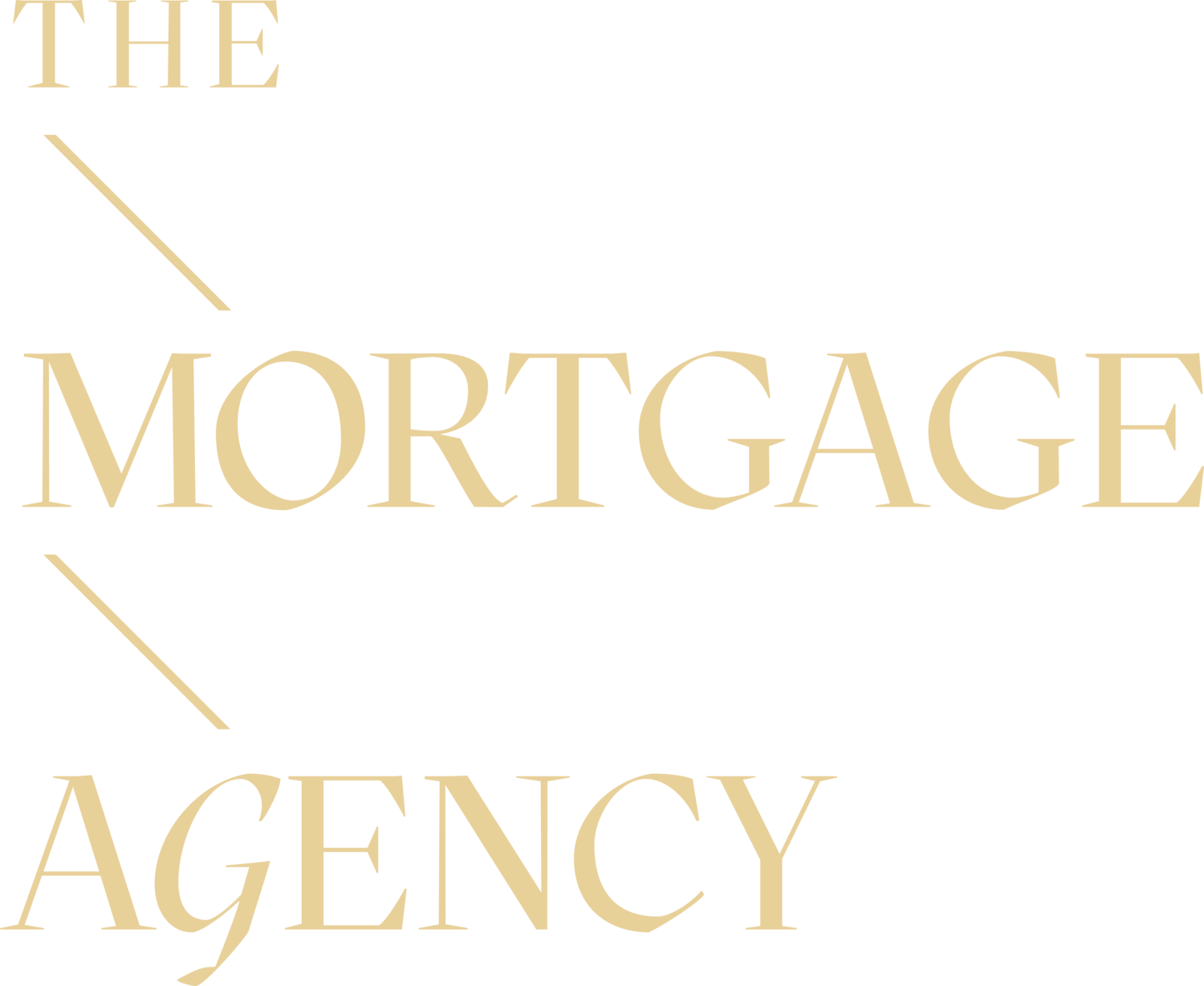What is a reverse mortgage and how does it work?
A reverse mortgage is a financial product designed for homeowners who are typically 55 years of age or older. In Ontario, you must include all individuals listed on your home’s title, and all individuals must be at least 55 years old to be eligible.
The home you’re using to secure a reverse mortgage must also be your primary residence.
A reverse mortgage allows homeowners to convert part of their home equity into cash without having to sell their property or make monthly mortgage payments. Instead of the borrower making payments to the lender, the lender makes payments to the borrower.
In a traditional mortgage, the borrower makes regular monthly payments to the lender to gradually pay off the loan and build equity in the home. In a reverse mortgage, the lender makes payments to the borrower, and the homeowner's equity decreases over time as the loan balance increases.
Before applying for a reverse mortgage, it’s important to know that your lender will consider:
Your Age
The age of other individuals registered on the title of your home
Where you live
The condition of your home
The type and appraised value of your home
The 5 Key features of a reverse mortgage in Vaughan, Ontario include:
No monthly mortgage payments: The borrower is not required to make monthly repayments as long as they live in the home. The loan is typically repaid when the homeowner sells the house, moves out permanently, or passes away.
Loan proceeds: The homeowner can receive the loan proceeds as a lump sum, a line of credit, fixed monthly payments, or a combination of these options.
Interest and fees: The interest on the reverse mortgage accrues over time, and the total amount owed increases. Additionally, the borrower may be responsible for certain fees and closing costs associated with the loan. The costs associated with a reverse mortgage may include:
Higher interest rate than on conventional or traditional mortgages
An appraisal fee
An admin or setup fee
If you pay off your reverse mortgage before it is due, a prepayment penalty may apply.
Legal fees
Homeownership responsibility: The borrower is still responsible for paying property taxes, homeowner's insurance, and maintaining the home. Failure to fulfill these obligations could result in defaulting on the reverse mortgage.
Non-recourse loan: A reverse mortgage is a non-recourse loan, which means that the borrower (or their heirs) will not owe more than the value of the home when the loan becomes due. If the loan balance exceeds the home's value, the Federal Housing Administration (FHA) insurance, which most reverse mortgages have, covers the difference.
Where can you obtain a reverse mortgage in Ontario?
Here at the Mortgage Agency, we offer reverse mortgages to our clients. It’s important that our clients fully understand the pros and cons of obtaining a reverse mortgage. We also ensure clients are aware of alternative options, which may include:
Obtaining another type of loan, such as a personal loan or line of credit
Selling the home
Alternative housing, such as renting
Downsizing to a smaller home
How do interest rates work for a reverse mortgage?
Interest rates in a reverse mortgage impact the amount the borrower can receive from the loan and the total loan balance over time. The interest rates for reverse mortgages can be either fixed or adjustable.
Fixed Interest Rate: With a fixed interest rate reverse mortgage, the interest rate remains constant throughout the loan term. This means the borrower will receive a specific amount of money and their loan balance will increase at a predictable rate.
Variable Interest Rate: An adjustable interest rate reverse mortgage means the interest rate can change over time based on market conditions. Typically, variable rates start lower than fixed rates, but they can fluctuate up or down over the loan term. This can affect the amount the borrower receives and how their loan balance grows.
Interest rates in reverse mortgages can impact the total amount owed over time. Higher interest rates will result in a faster growth of the loan balance, which can reduce the borrower's remaining home equity. Conversely, lower interest rates will lead to slower loan balance growth, leaving more equity available in the home.
The Mortgage Agency team will carefully explain these scenarios with potential borrowers as well as discuss the financial implications that interest rates can have on your reverse mortgage.
Reverse mortgages can be a useful financial tool for retirees who want to access their home equity to supplement their income or cover unexpected expenses. However, they are not without risks and drawbacks, including potential reduction of inheritance for heirs and the possibility of losing the home if the borrower fails to meet their obligations.
Before considering a reverse mortgage, it's essential to thoroughly understand the terms and implications and consult with a licensed mortgage broker in Vaughan to determine if it's the right option for your specific situation.
